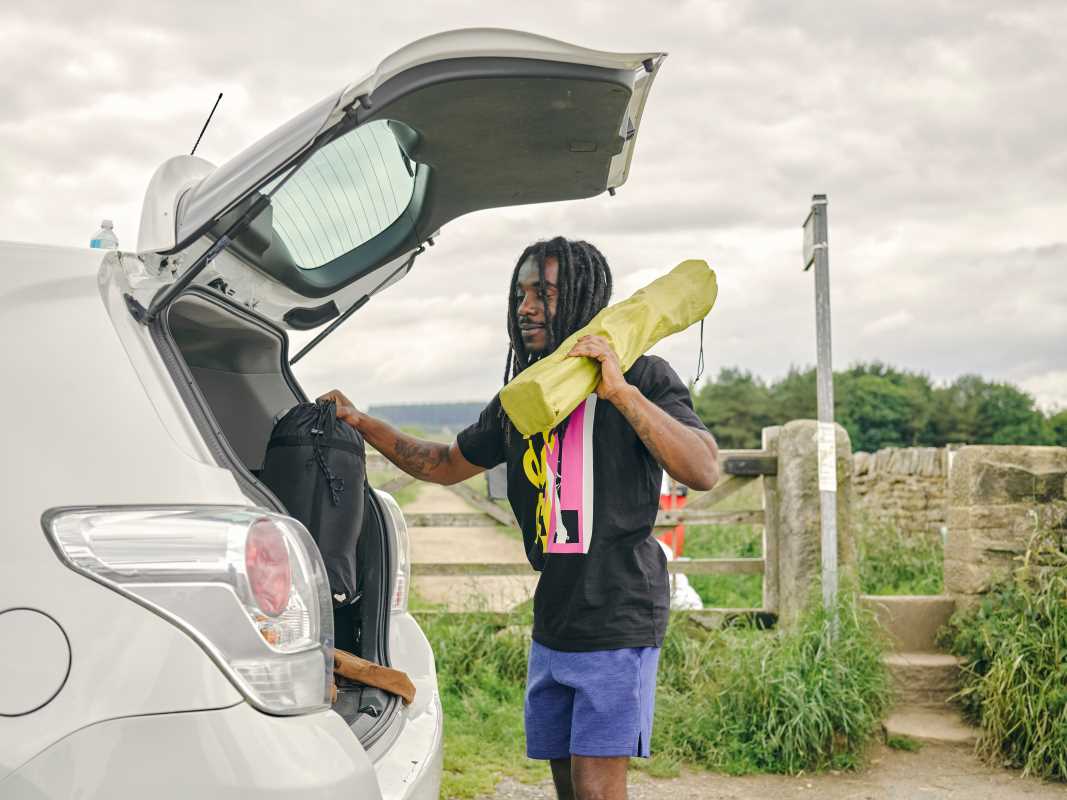Traveling sustainably and responsibly is increasingly important as we seek to preserve the beauty of our planet while still enjoying its wonders. From minimizing your carbon footprint to supporting local communities, there are many ways to travel mindfully. Here’s a comprehensive guide on how to travel sustainably and responsibly today.
Understanding Sustainable Travel
Sustainable travel focuses on reducing the negative impact of tourism on the environment and local cultures while promoting conservation and supporting local economies. Responsible travelers strive to leave destinations better than they found them and engage in practices that benefit both themselves and the communities they visit.
1. Plan Your Trip Mindfully
When planning your trip, consider choosing destinations that prioritize sustainability. Look for locations known for eco-friendly practices, such as renewable energy initiatives, conservation efforts, and responsible tourism campaigns.
- Research Your Destination: Understand the local culture, customs, and environmental issues. This knowledge will help you make informed decisions and show respect for the community.
- Opt for Off-Peak Travel: Traveling during the off-peak season can help reduce the strain on popular tourist spots and allow you to enjoy a more authentic experience. Fewer crowds also mean less environmental impact.
2. Choose Sustainable Transportation
Transportation is one of the biggest contributors to carbon emissions in travel. By choosing eco-friendly transportation options, you can significantly reduce your environmental footprint.
- Use Public Transportation: Buses, trains, and subways are often more energy-efficient than cars. They also offer a chance to interact with locals and experience the destination more authentically.
- Consider Walking or Biking: Exploring a city on foot or by bike not only reduces emissions but also allows you to discover hidden gems and connect with the local culture.
- Fly Responsibly: If flying is necessary, choose direct flights when possible to minimize emissions. Some airlines are adopting more sustainable practices, so consider those that offset their carbon footprint or utilize more fuel-efficient aircraft.
3. Support Local Economies
Supporting local businesses is essential for sustainable travel. This includes choosing locally-owned accommodations, restaurants, and shops.
- Stay at Eco-Friendly Accommodations: Look for hotels and hostels that implement sustainable practices, such as energy efficiency, water conservation, and waste reduction. Certifications from organizations like Green Key or EarthCheck can guide you in finding responsible lodging.
- Eat Local: Dining at local restaurants not only provides you with authentic culinary experiences but also supports local farmers and artisans. Opt for seasonal and regional dishes to further reduce your carbon footprint.
- Shop Local: Purchase souvenirs from local artisans rather than mass-produced items. This supports the community and helps preserve traditional crafts and cultural practices.
4. Minimize Waste
Reducing waste is a key aspect of sustainable travel. Be conscious of your consumption and strive to leave minimal waste behind.
- Bring Reusable Items: Carry reusable water bottles, bags, utensils, and straws to cut down on single-use plastics. Many destinations have refill stations, and using your own items helps reduce waste.
- Avoid Single-Use Plastics: Say no to plastic bags, bottles, and straws. Opt for products that come with minimal packaging and choose bulk items when possible.
- Practice Leave No Trace Principles: Always clean up after yourself, whether you’re at a campsite or in a city. Dispose of trash properly and leave natural spaces as you found them.
5. Be Mindful of Wildlife and Nature
Respecting wildlife and natural environments is crucial for responsible travel. Many destinations rely on their natural beauty and biodiversity for tourism.
- Observe Wildlife from a Distance: If you’re lucky enough to encounter wildlife, do so respectfully. Maintain a safe distance, never feed animals, and avoid disrupting their natural behaviors.
- Stick to Designated Trails: When hiking or exploring nature, always stay on marked paths to prevent damage to ecosystems. Cutting through vegetation can harm plants and wildlife habitats.
- Participate in Conservation Activities: Look for volunteer opportunities or eco-tours that contribute to conservation efforts. Many organizations welcome travelers who want to help protect local wildlife and environments.
6. Engage with Local Cultures Respectfully
Cultural sensitivity is an important aspect of responsible travel. Engaging with local cultures enriches your experience and fosters understanding.
- Learn Basic Local Phrases: Showing effort to communicate in the local language can go a long way in building rapport with residents. Even simple greetings can demonstrate respect and appreciation.
- Respect Local Customs and Traditions: Research cultural norms, dress codes, and etiquette before arriving. Being aware of local customs helps you avoid unintentional disrespect.
- Avoid Exploitative Tourism: Be cautious of activities that may exploit animals or local communities, such as elephant rides or orphanage tourism. Choose experiences that benefit communities ethically.
7. Offset Your Carbon Footprint
While it's impossible to travel without some impact, you can take steps to offset your carbon footprint.
- Carbon Offsetting Programs: Many organizations allow you to invest in projects that reduce carbon emissions, such as reforestation or renewable energy initiatives. Consider calculating your travel emissions and contributing to offset projects.
- Participate in Local Conservation Projects: Some destinations offer programs where travelers can contribute directly to local environmental initiatives. This not only offsets your footprint but also supports the community.
8. Educate Yourself and Others
Sustainable travel is an ongoing learning process. Stay informed about current issues related to tourism, conservation, and cultural preservation.
- Read and Research: Follow sustainable travel blogs, books, and documentaries to learn more about responsible travel practices and global issues. Understanding the bigger picture helps you become a more conscious traveler.
- Share Your Experiences: Encourage friends and family to consider sustainable travel practices by sharing your experiences. Social media can be a powerful tool for raising awareness about responsible tourism.
Traveling sustainably and responsibly is essential for preserving our planet for future generations. By making mindful choices and supporting local communities, you can enjoy enriching experiences while minimizing your impact. As travelers, we have the power to promote conservation, cultural appreciation, and economic sustainability through our actions. So, the next time you plan a trip, consider how you can travel in a way that respects and benefits the world around you. Happy travels!







